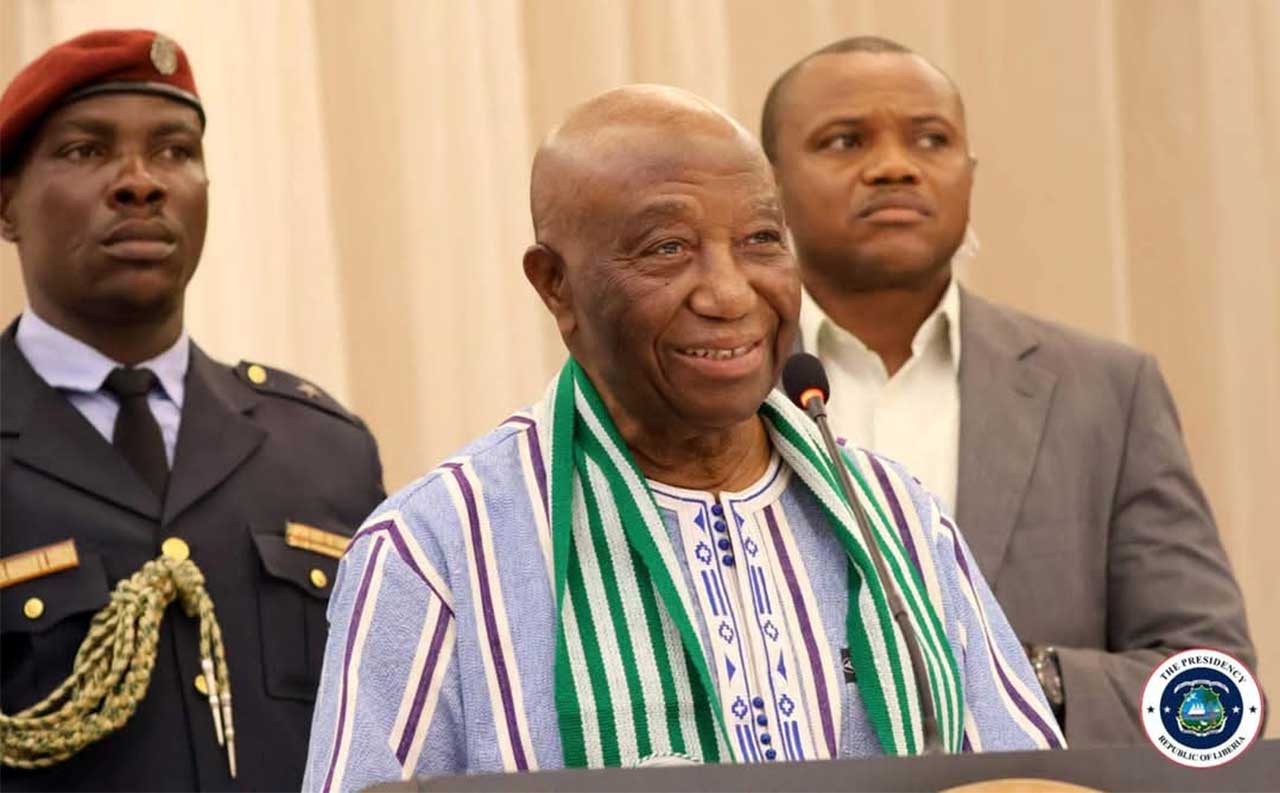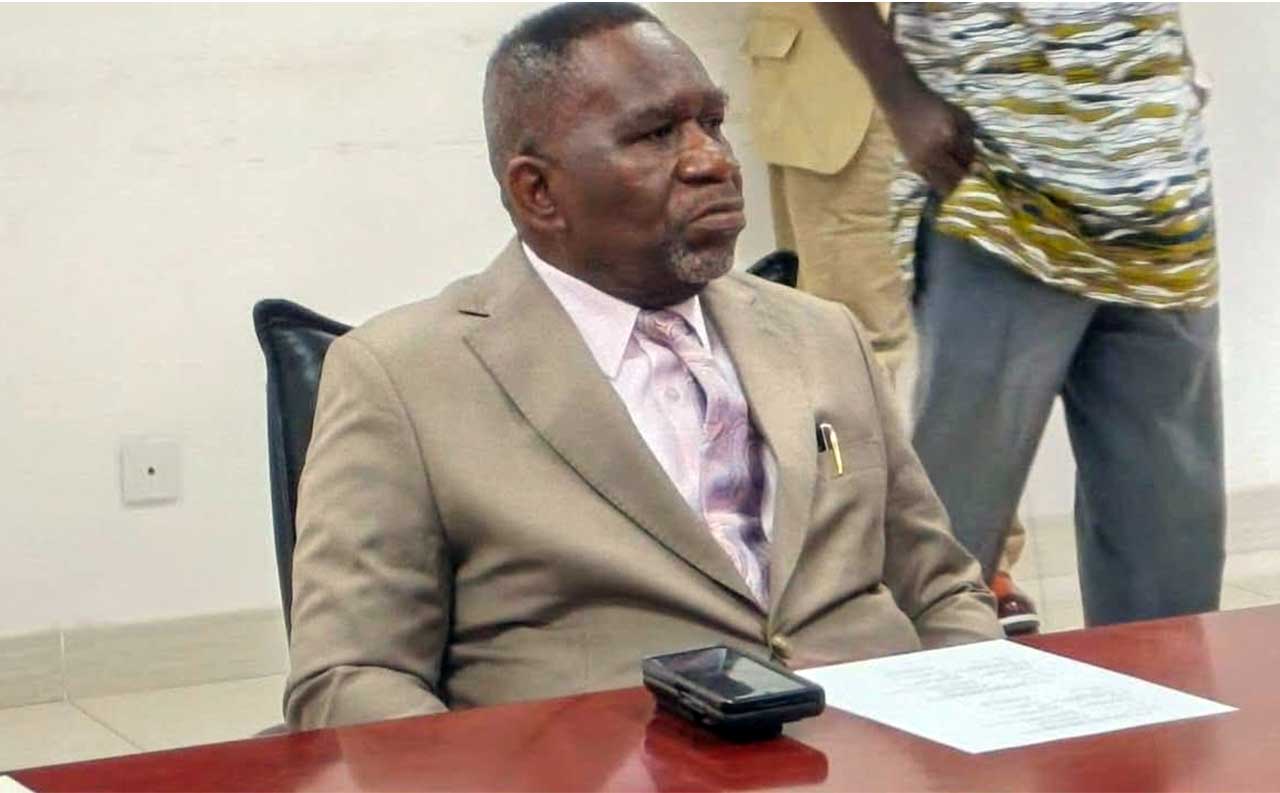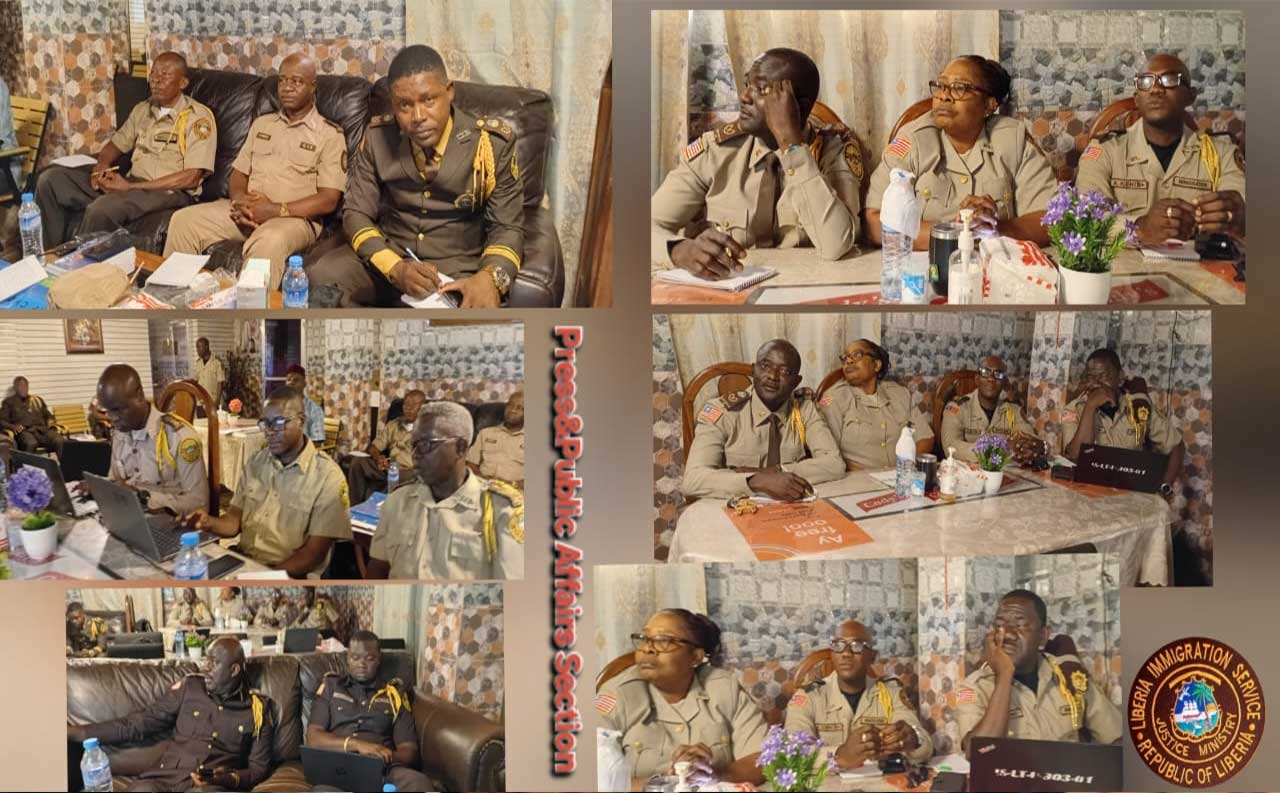The Center for Transparency and Accountability in Liberia has applauded President Joseph Boakai’s decision to have the Corruption Taskforce expressly collaborate with critical institutions such as the Liberia Anti-Corruption Commission (LACC), the Financial Intelligence Agency (FIA), the Ministry of Justice, and the Office of the Ombudsman.
Addressing the Press on Monday, April 21, 2025, CENTAL Executive Director Anderson Miamen said he believes the expertise and experiences of these institutions would significantly enhance the work of the taskforce, in its bid to locate and retrieve wrongfully acquired financial and non-financial resources and assets of the country.
He pledged CENTAL’s full support and cooperation with the Task Force in implementing its critical mandate that supports anti-corruption, integrity, and overall good governance efforts in Liberia.
According to him, on March 6, 2024, President Joseph N. Boakai issued Executive Order Number 126 establishing the Assets Recovery Taskforce to ensure processes leading to the location, recovery, and retrieval of wrongly acquired public resources and properties, within and outside Liberia.
“Subsequently, on March 8, 2024, the Executive Mansion named more than 15 individuals and institutions to the taskforce, including representatives of the Liberia National Police, General Services Agency, and Ministry of Justice,” he stressed.
He mentioned that the Liberia Anti-Corruption Commission (LACC) was excluded from the list, despite having a broad mandate to tackle corruption, which includes identifying and recovering stolen government resources and assets.
“The exclusion of LACC and inclusion of politically active individuals to the taskforce led to CENTAL’s open call for the dissolution and reconstitution of the taskforce, if it must enjoy the confidence and support of the public and partners, including but not limited to the development community, civil society, and other public integrity institutions,” he said.
From all indications, he said the Taskforce did not live up to expectations during its first year of operation, in part due to internal wrangling involving the leadership and some members, multiple legal battles, a poor start, and limited stakeholders’ engagement and cooperation.
However, in March 2025, following the expiration of Executive Order #126, President Boakai moved to extend the mandate of the Asset Recovery and Property Retrieval Taskforce. This time, the President corrected some grave mistakes that characterized his 2024 decision, which helped to undermine the Taskforce’s work, adding that the president named a five-member Taskforce, compared to the previous 15-member team that burdened the country financially and posed serious coordination and other issues for the team.
He said the Team is now mandated to collaborate with the LACC, the Ministry of Justice, the Liberia Revenue Authority (LRA), the Financial Intelligence Agency (FIA), and the Office of the Ombudsman in performing its duties and functions.
This mirrors an intentional collaborative approach in the performance of such a vital mandate, which can go a long way in supporting Liberia’s fight against corruption and ensuring an end to the culture of impunity for financial and other forms of corruption in the country.
He also congratulated President Boakai’s decision to reduce the number of team members from 15 individuals to 5, which will save government resources that would otherwise be used to pay salaries and other benefits to members. “Said resources will now be directed towards executing the core mandate of the institution,” he said.
Meanwhile, he called on the Taskforce to demonstrate transparency, impartiality, and political neutrality in the discharge of its functions, to increase confidence and support for its work.
He also encouraged the Asset Recovery and Property Retrieval Taskforce to go beyond LACC and other named state institutions and forge mutually beneficial partnerships with the media, civil society, citizens and other stakeholders to ensure remarkable success in the performance of its functions.
He urged the government to adequately fund and ensure the independence of the Taskforce and other public integrity institutions, as they play important roles in boosting citizens and partners’ confidence in the system by creating an enabling environment for the government to mobilize adequate domestic and external resources to fund its operation.



